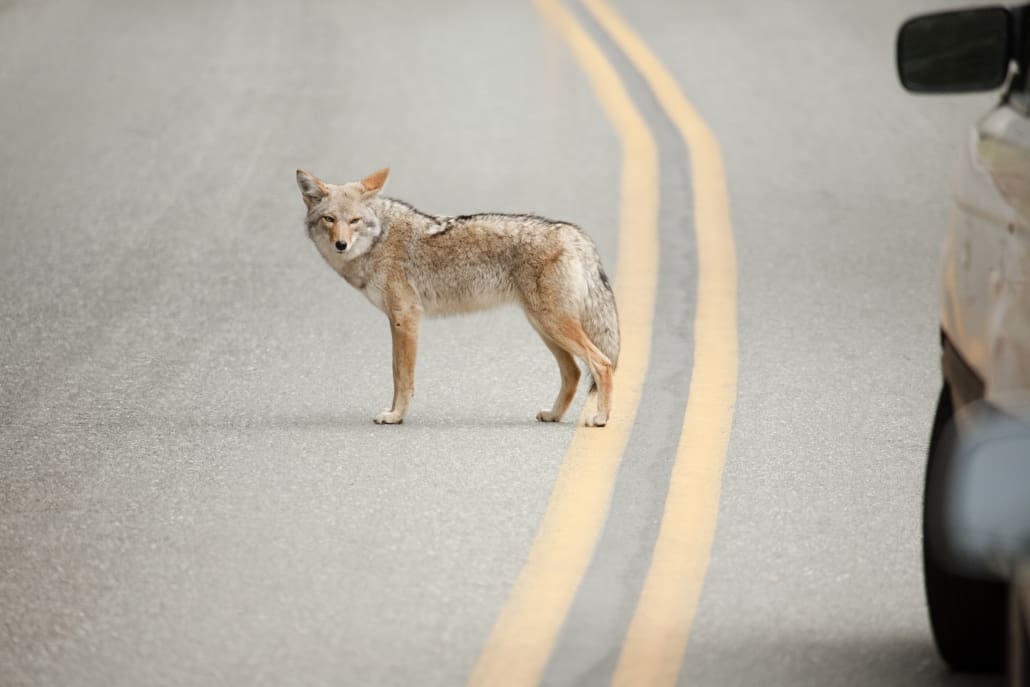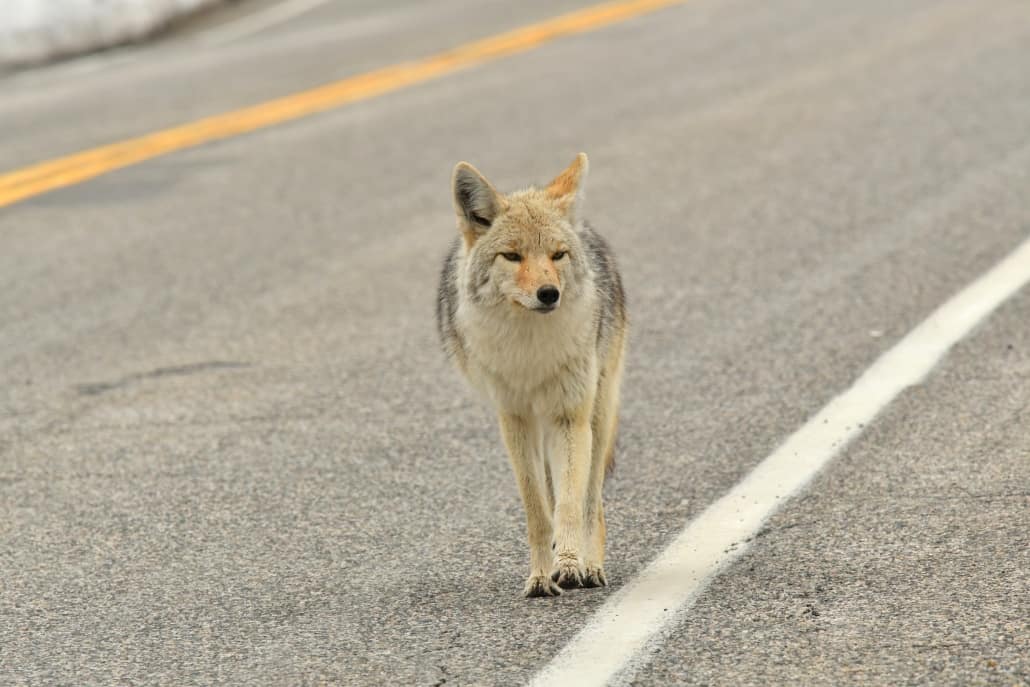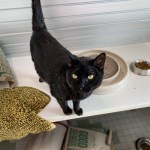A hallmark of life in northern Colorado is the abundance of wildlife who also call our region “home.” As Coloradoans, we try to respect wild animals by observing them from safe distances, although animals sometimes have different plans and can be enticed far closer to people and pets than we would prefer.
Here at Larimer Humane Society, we are monitoring an increase in conversations across the community relative to coyote sightings and attacks on companion animals. Though our teams have not experienced an increase in calls or reports relative to coyotes, we are always committed to the safety of people and pets. As such, we have compiled the following list of tips and precautions to deter close encounters with coyotes, helping to keep you and your furry friends safe.

Specific to protecting companion animals from wild animals, Larimer Humane Society recommends the following:
- Work to keep your property free of food sources or scents that would attract uninvited guests. Pet food stored outside and compost heaps/containers – particularly those where meat or meat byproducts are disposed – are commonly enticing to wildlife. Never feed wildlife.
- Avoid allowing cats to roam outdoors. Studies have indicated cats can make up to 42% of coyotes diet. Not only is it illegal in the cities of Loveland and Fort Collins, but letting cats roam also puts them at significant risk of predator attacks.
- Ensure your pets are leashed at all times when walking, particularly in or near open spaces.
- Fenced yards are likely to keep pets safer, but aren’t guaranteed to keep out predators. Predators such as coyotes are able to jump low fences and can climb higher ones.
- Accompany pets outdoors for bathroom breaks – particularly small animals. At nighttime, remain close to your pet and stay in well-lit areas, or carry a flashlight to illuminate dark areas.
- Clean up after your pets regularly, both in your own yard and in your neighborhood, as feces can attract animals such as coyotes.
- Spay and neuter your pets! Female animals in heat can attract wild animals, and male pets who are intact have an increased inclination to roam. If your pets are intact, it’s best to keep them indoors as often as possible for their own protection.






